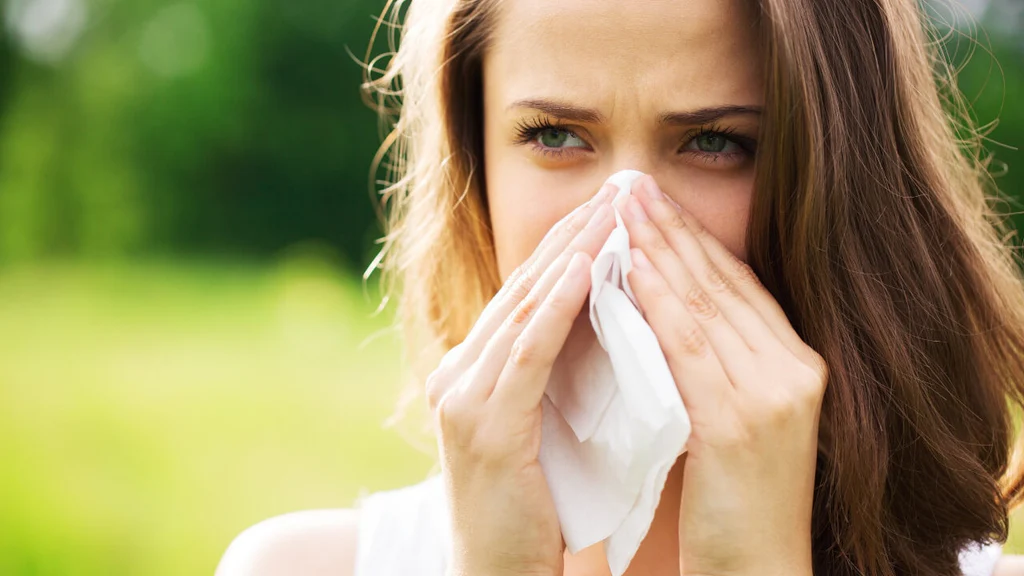
Allergies happen when the immune system overreacts to substances that are normally harmless. These substances, known as allergens, can cause a range of symptoms, from mild discomfort to severe reactions. For some people, allergies can affect daily life and require careful management. Here are some typical allergens with tips for avoiding them:
Peanuts
Peanuts are one of the top food allergens, often causing significant reactions even in trace amounts. These reactions can include skin irritation, breathing problems, or severe reactions. Although peanuts are used in many foods, cross-contamination during food preparation can increase the risk of exposure.
To avoid this, it’s important to read food labels carefully. Packaged and processed foods, as well as some sauces, may contain peanuts or be made in facilities that handle nuts. When dining out, be sure to communicate clearly with the restaurant staff, as many dishes may contain hidden peanut ingredients.
Pollen
Pollen is a typical allergen that can cause problems for people with seasonal allergies, also known as hay fever. It is a fine powder produced by plants such as trees, grasses, and weeds as part of their reproductive process. When inhaled, pollen can lead to allergic reactions, including sneezing, nasal congestion, itchy eyes, and a sore throat. The severity of these symptoms depends on the amount of pollen in the air, which tends to increase during certain seasons. To help manage pollen allergies, you can monitor daily pollen counts, keep windows closed during high pollen times, and use air purifiers indoors.
Shellfish
Shellfish allergies can affect people of all ages and often cause sudden reactions, even if there was no previous issue with shellfish. Marine allergens include crustaceans, such as shrimp, crab, and lobster, as well as mollusks like clams and scallops. Unlike some food allergies, inhaling airborne particles from cooking can also trigger reactions. Symptoms may include hives, nausea, or swelling.
To avoid shellfish allergic reactions, it’s wise to be vigilant about what you eat, especially in seafood-heavy cuisines. Food labels on frozen or pre-packaged products usually list allergens and potential cross-contact risks; checking these labels may help prevent accidents. When dining out, there may be a higher risk if it’s unclear whether the kitchen can prepare allergen-free meals, so be cautious.
Milk and Eggs
Milk and egg allergies are typical in children, and some people continue to have these sensitivities into adulthood. The proteins in these foods can cause reactions that range from stomach upset and rashes to severe allergic reactions. The primary challenge is that these ingredients are often found in many processed foods, baked goods, and everyday staples. A helpful strategy is to find alternatives, such as plant-based dairy options and egg substitutes.
Address Allergies with a Specialist
Managing allergies effectively involves consulting a qualified specialist. The symptoms of food allergies often overlap, which makes professional testing a reliable way to avoid unnecessary restrictions or risks. Specialists may also guide individuals through allergen avoidance plans or recommend medications to address symptoms. These techniques help individuals navigate allergies safely. Schedule an appointment with a specialist to gain clarity, and actively work toward strategies that suit your unique circumstances.
